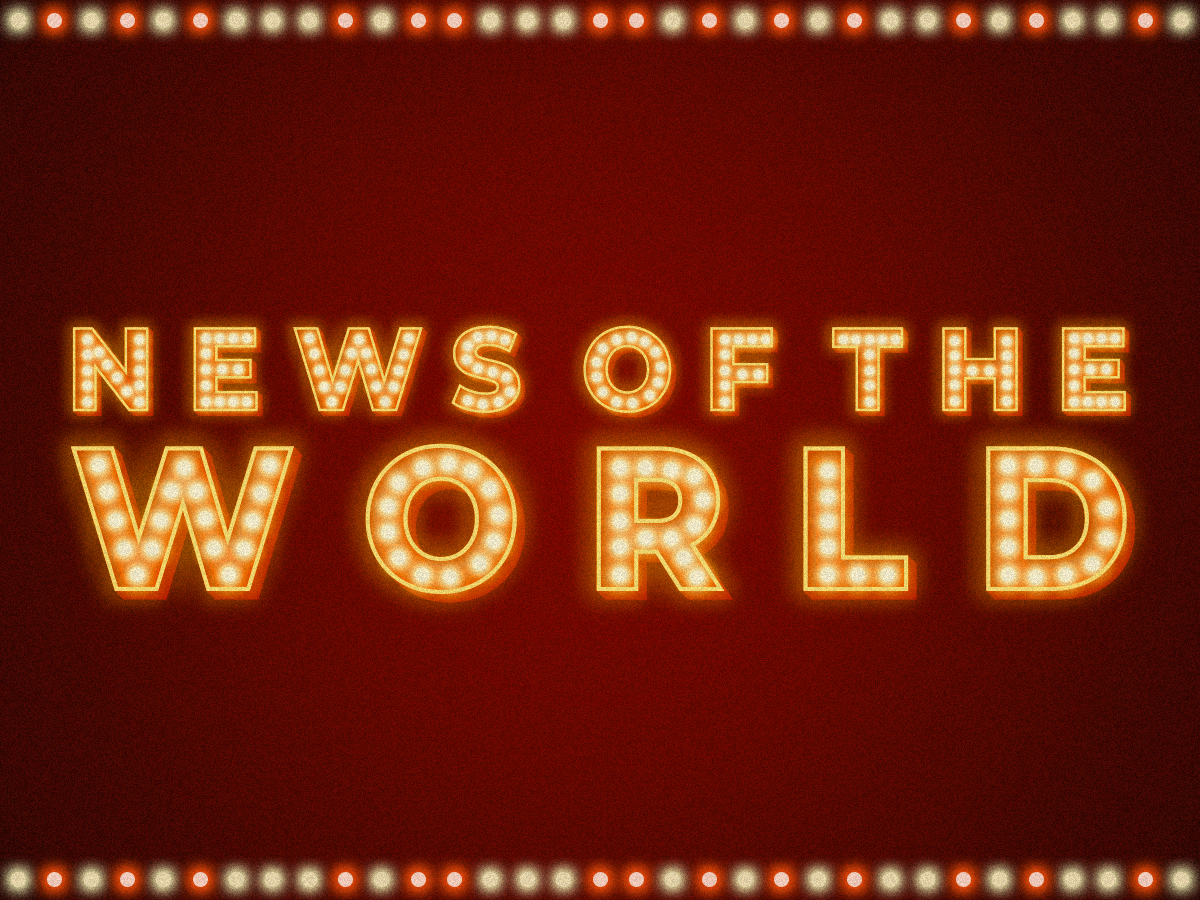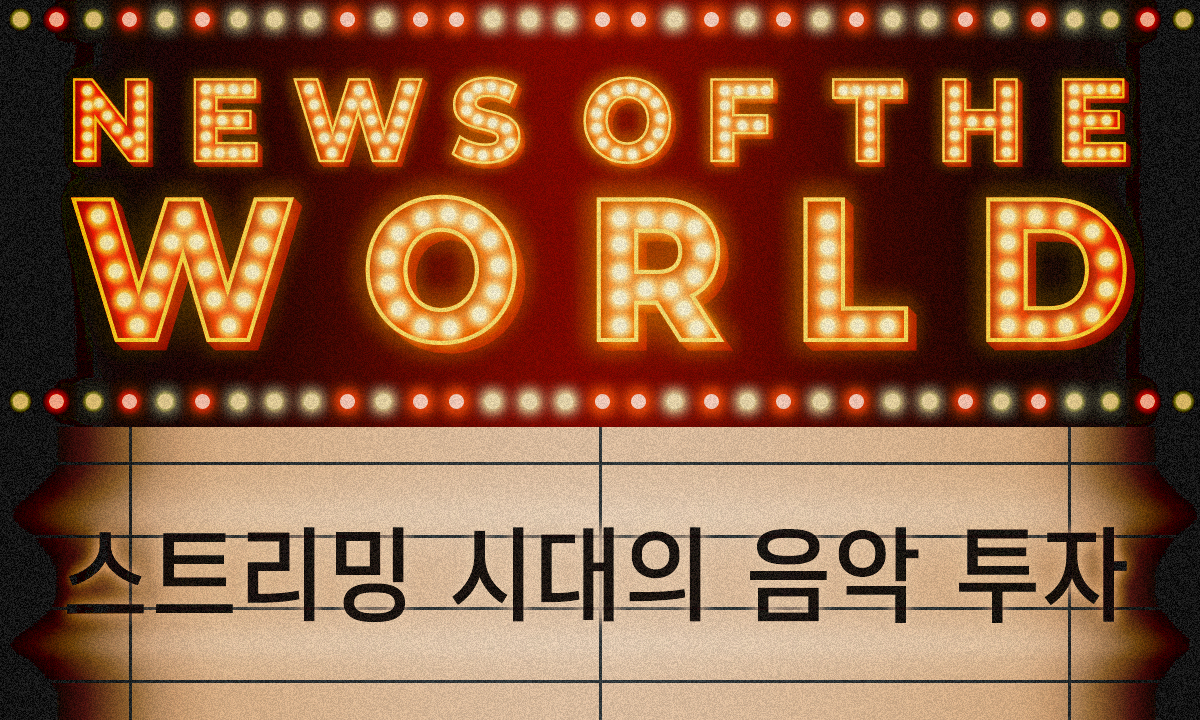
News broke in December that Bruce Springsteen would be selling off his catalog for $550 million. Every day lately there’s more news of artists selling their back catalogs. Just to pick out some big names: Bob Dylan, $300 million; Paul Simon, $250 million; Neil Young, $150 million; Mötley Crüe, $150 million; the Red Hot Chili Peppers, $140 million. But just what does it mean when one sells their catalog?
For every song he’s written, Springsteen has the rights to the song itself; at the same time, there’s also rights to the recordings of those songs. The latter are the rights to the masters, which are the rights Taylor Swift wants to secure through her rerecording project. Together, these two types of rights represent all control over and profit from music, including record releases, deciding whether they can be streamed and permissions for use in broadcasting and advertising. Sony purchased all these rights from Springsteen. His catalog is estimated to generate $17 million in revenue annually, according to Billboard. In that sense, Sony paid out the equivalent of 30-some years’ earnings in one go.
There are a few reasons that the catalog sales market is all fired up. First, streaming provides a basis for rights holders to turn a continuous profit, even off of old songs. In the older, album-oriented market, new albums naturally made up the greater portion of sales. Streaming, however, has consolidated the concept of paying for music and the act of listening to it. The catalogs of famous artists with long tenures command a steady demand on streaming services, which in turn leads to revenue.
Second, once the pandemic hit, the marketplace began looking for an investment opportunity that could generate stable returns while also having little to do with other forms of investment like stocks and real estate. This is where the first and second reasons overlap. This past October, private equity corporation Blackstone invested $1 billion into this venture via Hipgnosis, a music copyright investment company. The record labels are also jumping onto the bandwagon, securing catalogs in the face of the rising importance of revenue from streaming. From the perspective of the labels, social media platforms like TikTok have become inseparable from the music, and acquiring as diverse a portfolio of catalogs as possible is a big help when signing licensing contracts within their industry.
Third, most of the artists selling their catalogs at the moment are those who had secured considerable rights to the music they made in the 1970s and ’80s. Since then, labels have tightened the terms and conditions they offer to newer artists, more often keeping the rights to the masters for themselves, which are directly related to the profits to be made. That’s what sparked the debate around the issue of artists not having the rights to their own music—a problem of the era that Taylor Swift is working to solve in the most direct way possible.
In short, music copyright has become a product that generates sizeable profits, and so there are obviously now many artists who are ready to sell. And the headlines have continued into 2022: At the very beginning of the new year, Warner Music Group purchased David Bowie’s entire catalog for $250 million. There’s also talks of deals taking place with relatively young artists like John Legend; Phil Collins and Sting are predicted to be the next big names to sell. No one can say for sure how hot the market will get, but there’s no clearer example of how streaming has changed the music industry.
TRIVIA
Hipgnosis Songs Fund
Hipgnosis is a music-related intellectual property investment and management company founded in the United Kingdom in 2018. As of September last year, they had $1.5 billion in capital and a music catalog evaluated at over $2 billion. They’re also the ones who bought the rights to Neil Young’s and the Red Hot Chili Peppers’ music. Of the 190 tracks on Spotify that have been streamed over one billion times each, 47 of them belong to Hipgnosis, as do 51 of Rolling Stone’s 500 greatest songs of all time.
Unauthorized reproduction and distribution prohibited.
- [NoW] Drake, Drake, Drake!2021.04.02
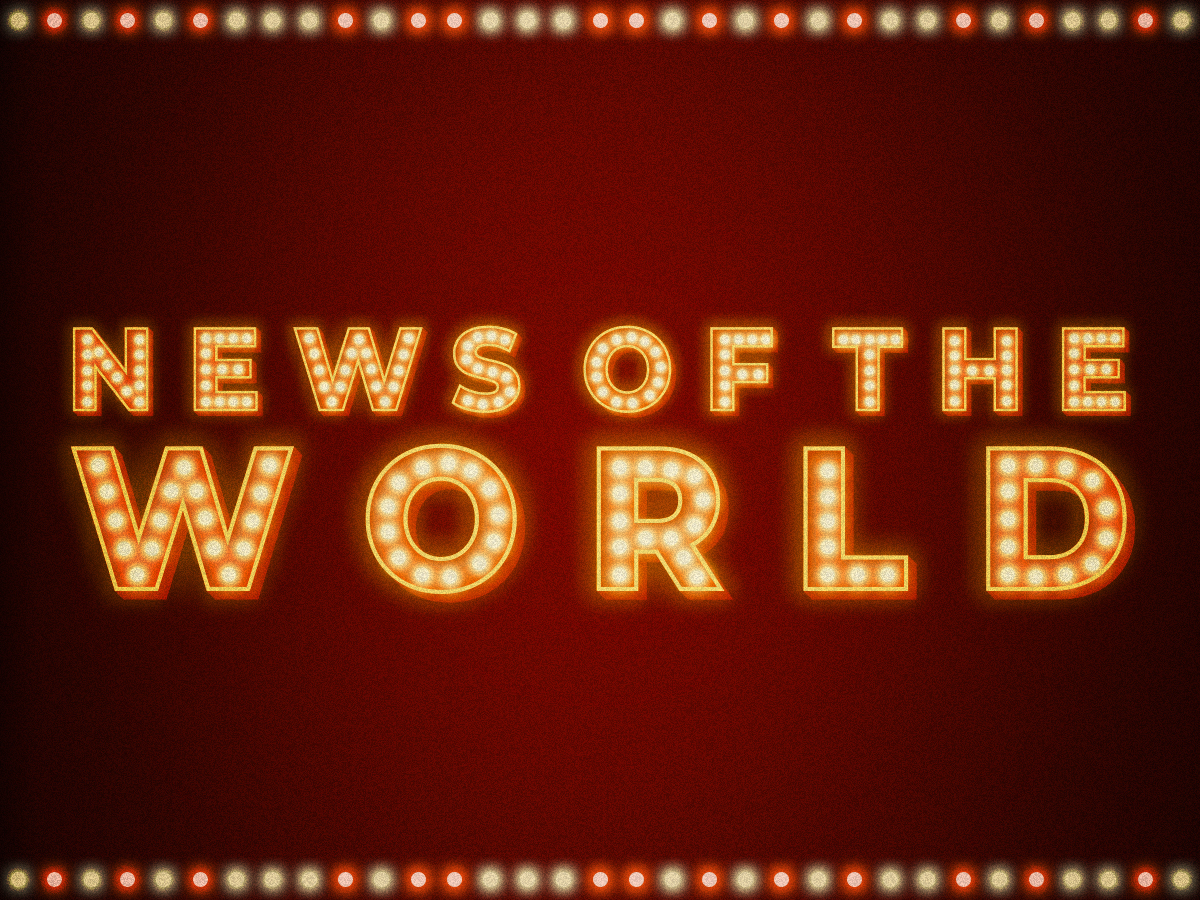
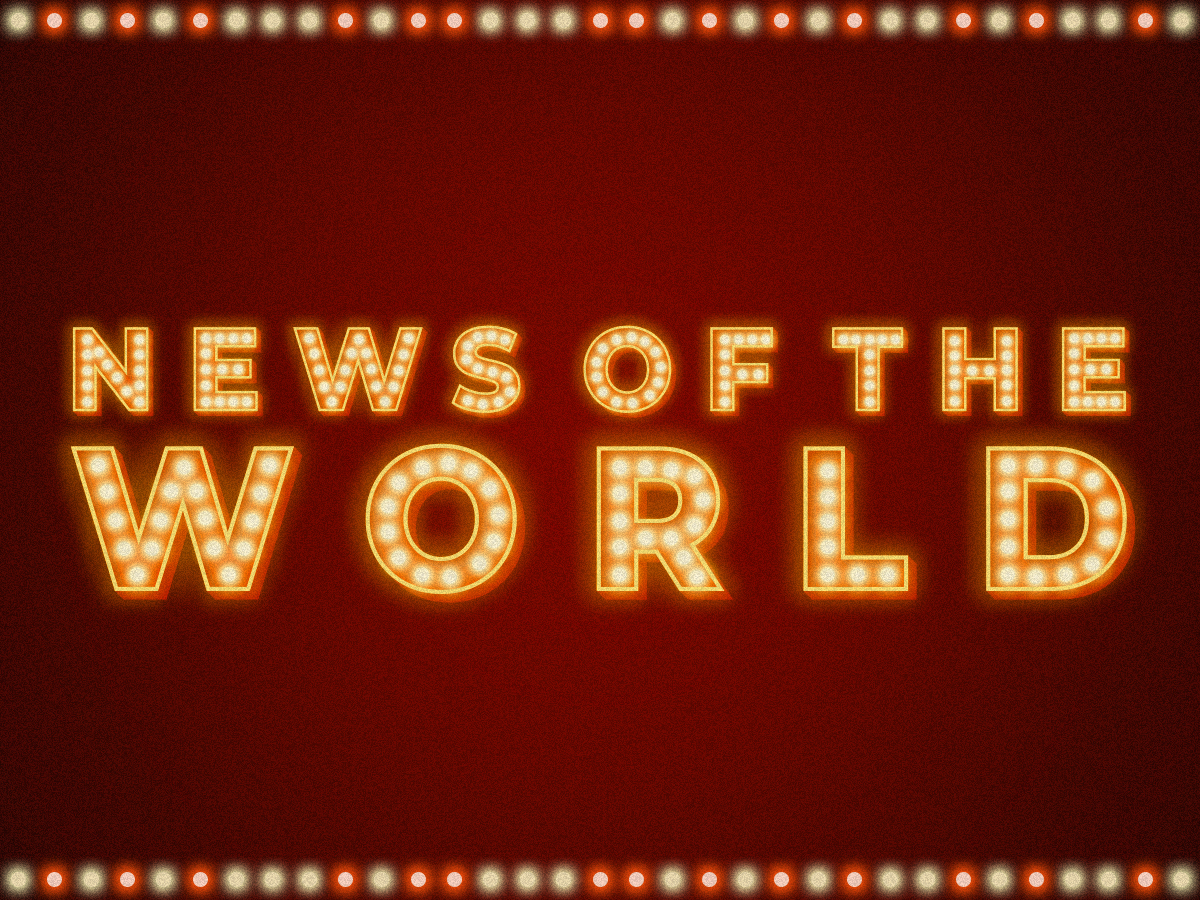
- [NoW] Time to listen to the Kid LAROI2021.05.28
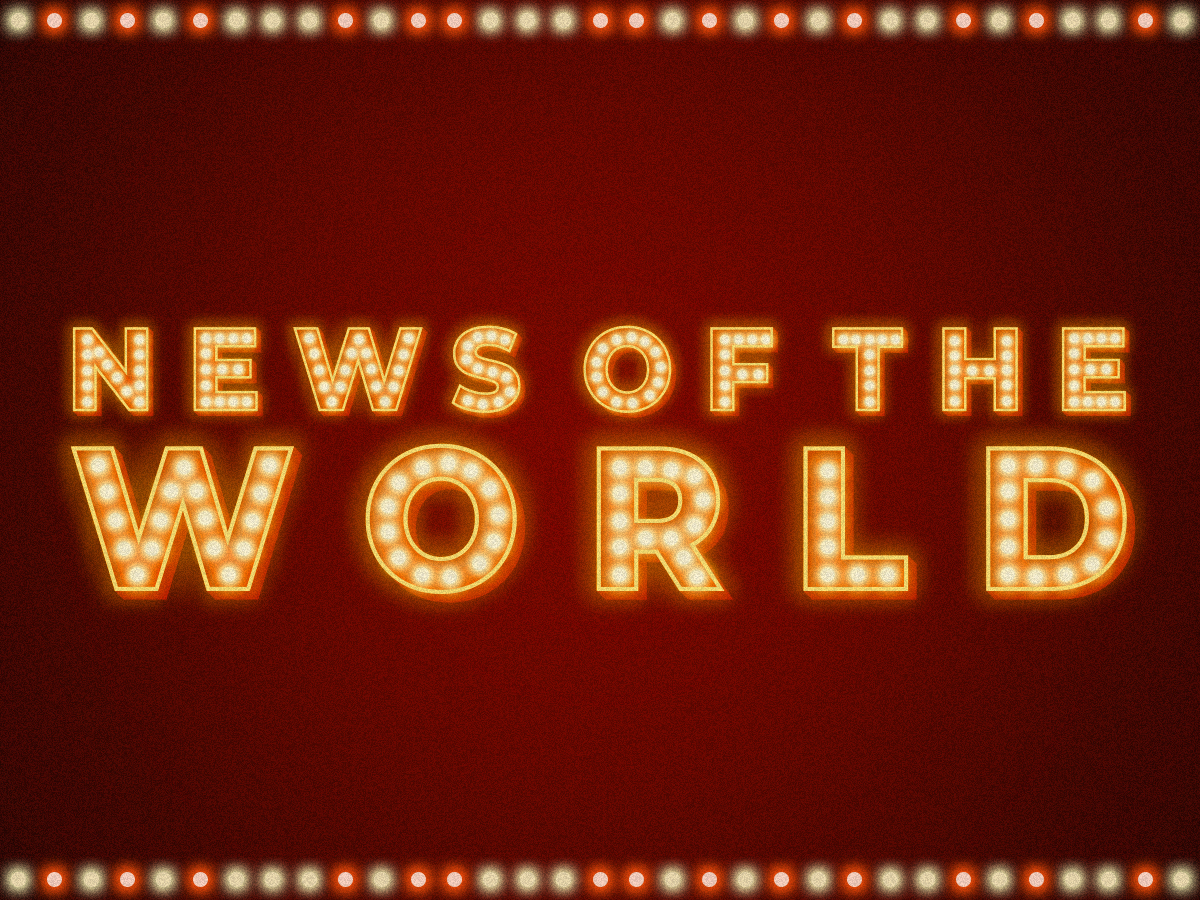
- [NoW] Vinyl Me, Please2021.06.25
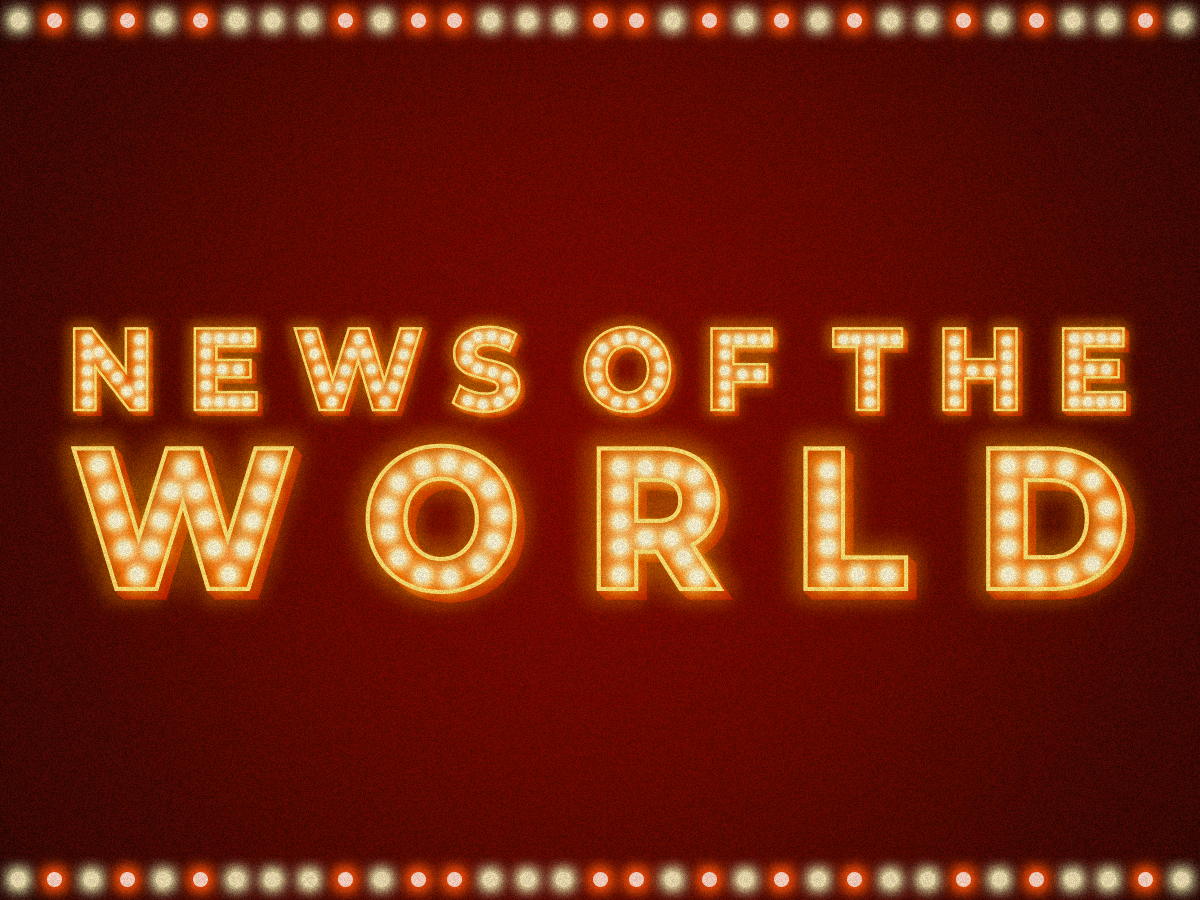
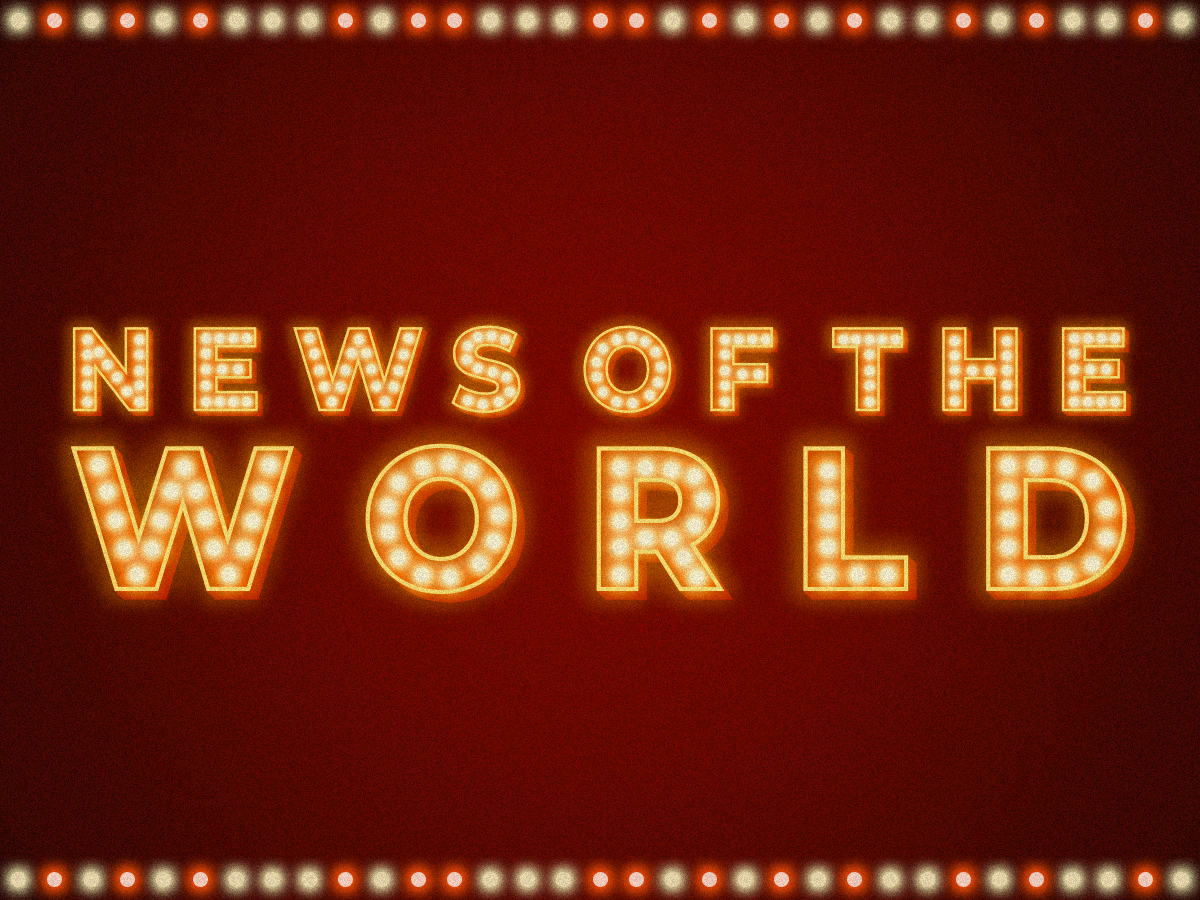
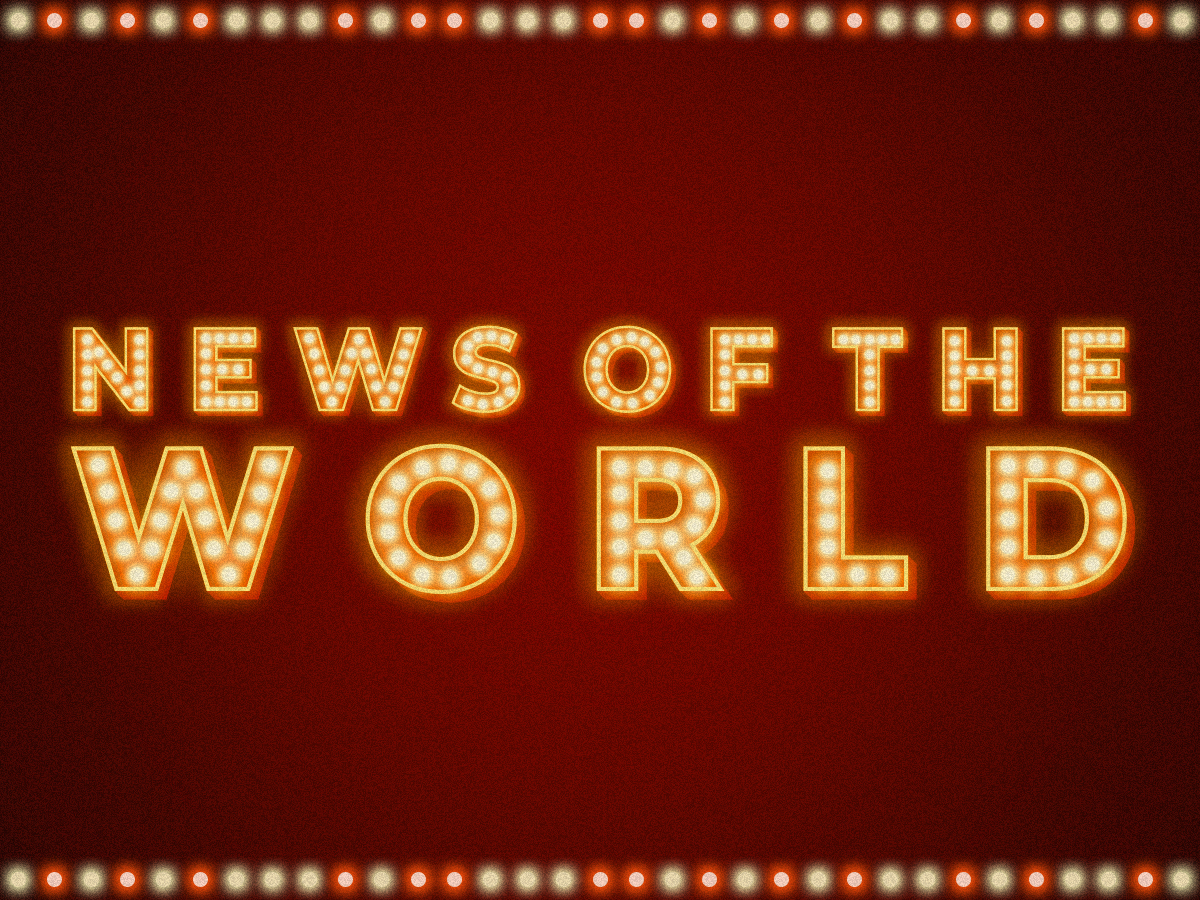
- [NoW] Drake’s strategy2021.09.17


- [NoW] The return of ABBA and after2021.11.12

- [NoW] Taylor Swift’s Ten-Minute Song2021.12.10
